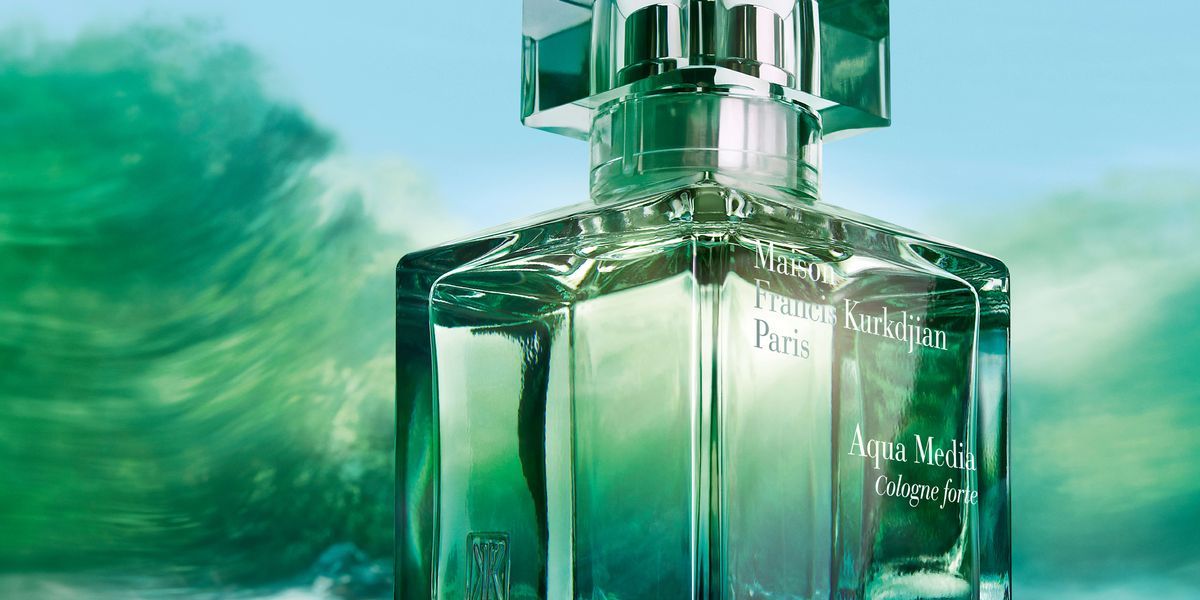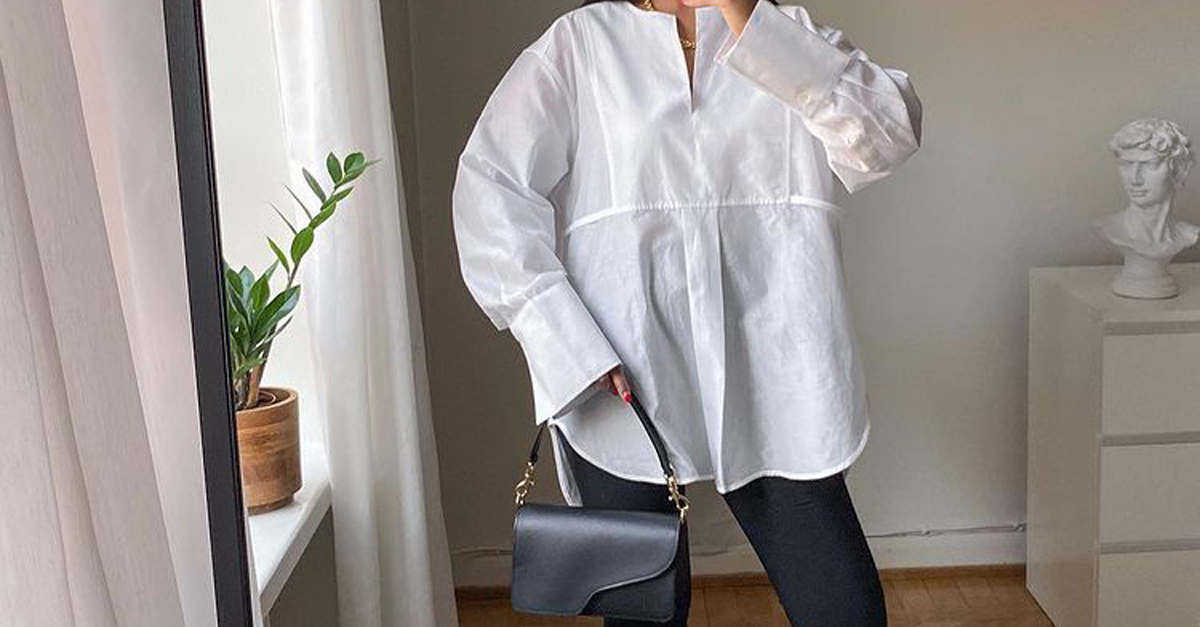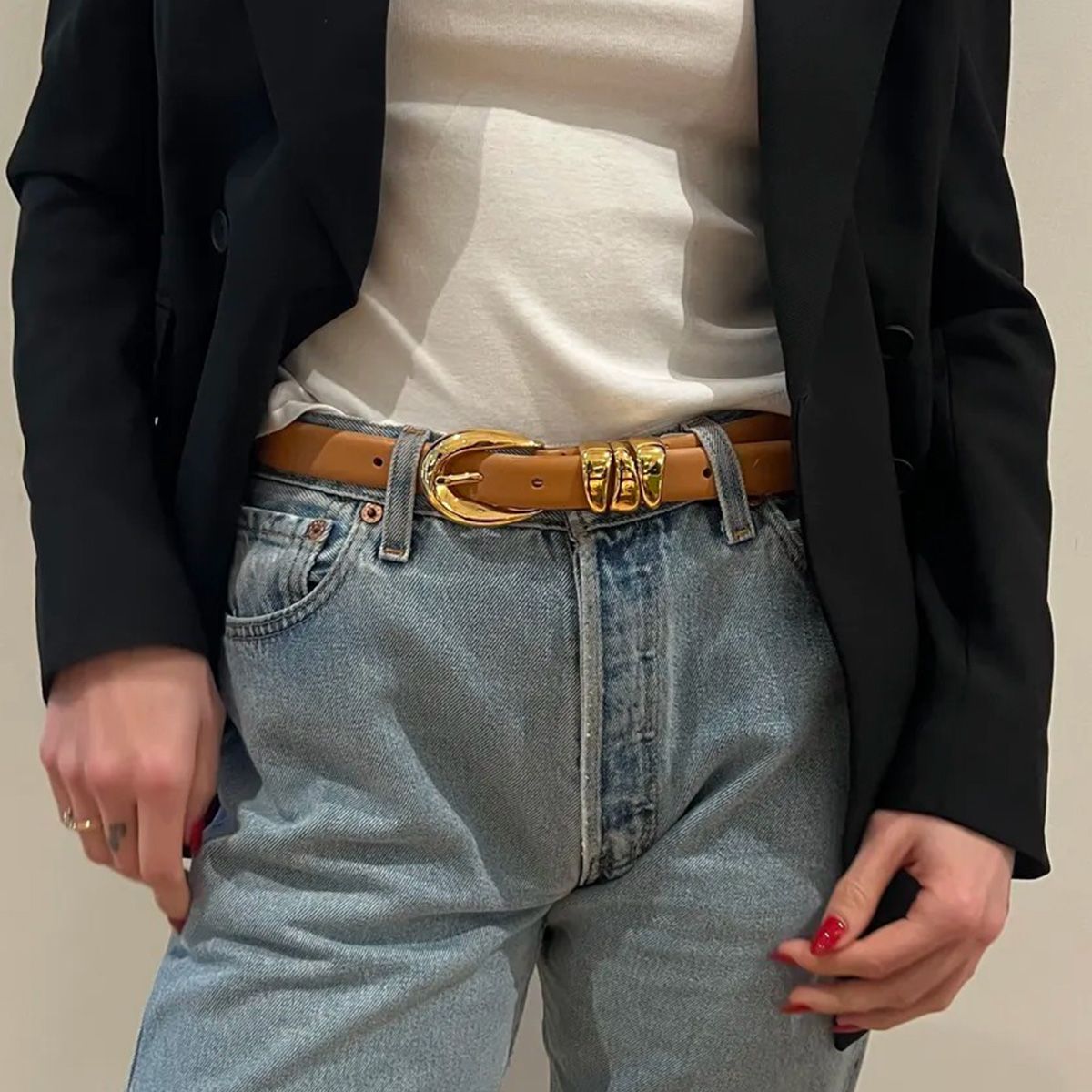Graphic by Kayleen Dicuangco
Canadian brand Nonie and Dr. Daniel Foucher from Ryerson University weigh in.
Date October 21, 2021
Excuse me for stating the obvious, but the COVID-19 pandemic has changed everything. From socially distanced IKEA shopping to Bumble’s new vaccination indicator, the virus has forced us to adapt in ways Back to the Future could’ve never imagined, including with our clothing choices.
After being trapped indoors for months, most of us have realized that we either own too much clothing or not enough pieces that actually make sense with the changes to our daily schedules (hello, loungewear!). We’ve also become hypersensitive to touch, not just from others, but to subway handles, grocery carts and, yes, the clothes on our bodies. Should we immediately do laundry after running errands? What’s the risk of sitting on the sofa in the same outfit we wore on public transit? Is it safe to try-on pants in a fitting room?
Because of this, brands have been forced to seek creative alternatives and adapt to the ever-changing times. Canadian label Nonie is one example. The designer has recently announced it will be relaunching its apparel with “antiviral, fully recyclable, sustainable with ZERO microplastic release” material. The first item in the new lineup is an updated version of the Meghan Markle-approved trench coat.
If you’re thinking, “What is antiviral material?” You are not alone. Similar to the first time we heard of oat milk (I’m still slightly mystified at how you can “milk” oats), we have a lot of questions. Luckily, Nina Kharey, founder and creative director of Nonie, and Dr. Daniel Foucher, a chemistry professor at Ryerson University, are here to help.
What is “antiviral” material?
Nina Kharey (NK): Simply put, a material that is resistant/effective against viruses.
Dr. Daniel Foucher (DF): The term can be a bit confusing. When we think of antivirals, we think of pharmaceuticals that are used to treat virus-borne diseases. An effective antiviral coating resists the build-up of a virus on its surface and kills on contact.
One important distinction is that these antiviral coatings on textiles are more permanent — they are in the fibres of the material, robust and do not wash off. It’s different from something like Lysol, which is a biocide (poison) that is absorbed by the virus and a short-term solution as viruses can build back up on the cleaned surfaces.
 Photography courtesy of Nonie
Photography courtesy of Nonie
How does it work?
NK: At Nonie, we use nanotechnology to fuse silver and carbon ions into every fibre of the fabric. This not only keeps the garment clean from bacteria but also discourages the growth of the virus, bacteria and odours in the material.
DF: What we believe occurs is that the antiviral coating presents a positively charged surface to the bacteria or virus. The phospholipids [a type of molecule] in the virus’s outer cell layer are negatively charged, and these materials are attracted to the surface and pinned down, much like a magnet. The phospholipid layer eventually breaks down because of this attraction, and the virus dies.
Is it actually effective?
NK: Yes. The latest testing with the SARS-CoV-2 virus was conducted by researchers at the Doherty Institute, simulating the real-life interaction of small aerosol droplets contaminating clothing. A sample fabric was exposed to a known concentrate of the SARS-CoV-2 virus for 30 minutes, and was then measured for remaining infectious viruses. The fabric sample treated with the advanced technology showed no infective viruses left after 30 minutes. The results show a SARS-CoV-2 virus reduction of 99.99%.
DF: It has been previously theorized that a similar treatment could work to weaken the defences of the viruses within the Coronaviridae (SARS-Co-V2) family, ultimately leading to viral deactivation. The virus is airborne and spread by people coughing or touching surfaces: This is called fomite spread. If your textiles in your hospital room are treated with an antimicrobial/antiviral coating, they will deactivate (kill) the virus on contact. But cleaning is also required!



























:quality(85):upscale()/2023/05/11/976/n/1922564/782262e2645d6b967847b4.74342194_.png)








